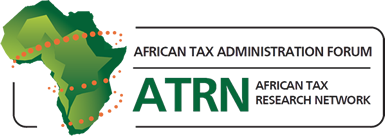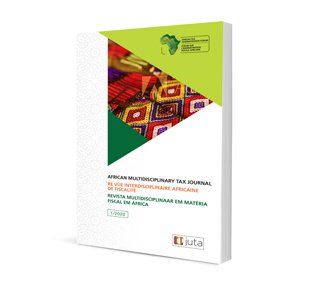Authors: lhasan Usman and Professor Victor Kyari Gimba
ISSN:
2709-8575
Affiliations:
Federal Inland Revenue Service (FIRS) Nigeria; Professor and Head of Department, Department of Economics, Kaduna State University (KASU), Nigeria
Source:
African Multidisciplinary Tax Journal, 2023 Issue 1, p. 213–236
https://doi.org/10.47348/AMTJ/V3/i1a11
Abstract
The objectives of this study are to examine the impact of implicit tax, income level and the perception of corruption on personal income tax compliance level in Kaduna State, Nigeria. The data were retrieved from primary sources, and 486 questionnaires were screened and analysed. The Breusch-Pagan-Godfrey Heteroskedasticity test was conducted to determine the presence of heteroskedasticity or otherwise, while the weighted least square regression model was used to analyse the study’s data. It was found that implicit tax and perception of corruption have a significant negative impact on personal income tax compliance behaviour, while income level has an insignificant positive impact on personal income tax compliance level. This study concluded that implicit tax and perception of corruption are important determinants of personal income tax compliance behaviour in Kaduna State, Nigeria. Therefore, the study recommended that Kaduna State government and its relevant agencies should do as much as they can to discharge their constitutional responsibilities and provide the necessary public services. The relevant tax authority should double its efforts in ensuring that all taxpayers, no matter their level of income, comply with the provisions of the relevant tax laws and the regulations of the relevant tax jurisdictions.



